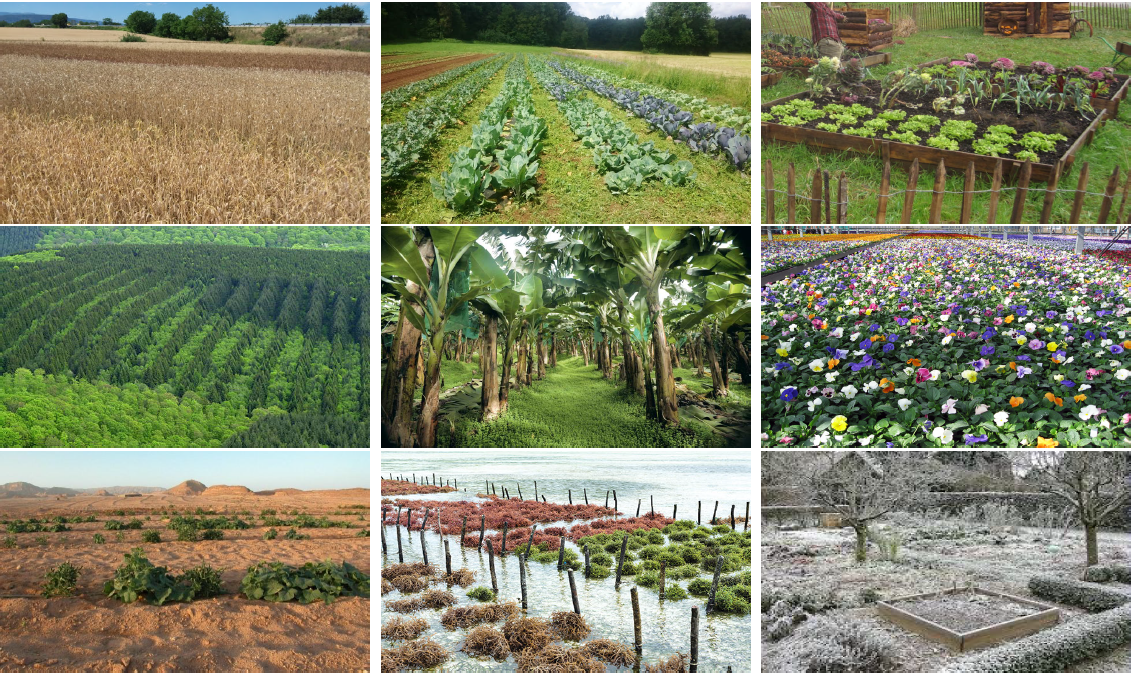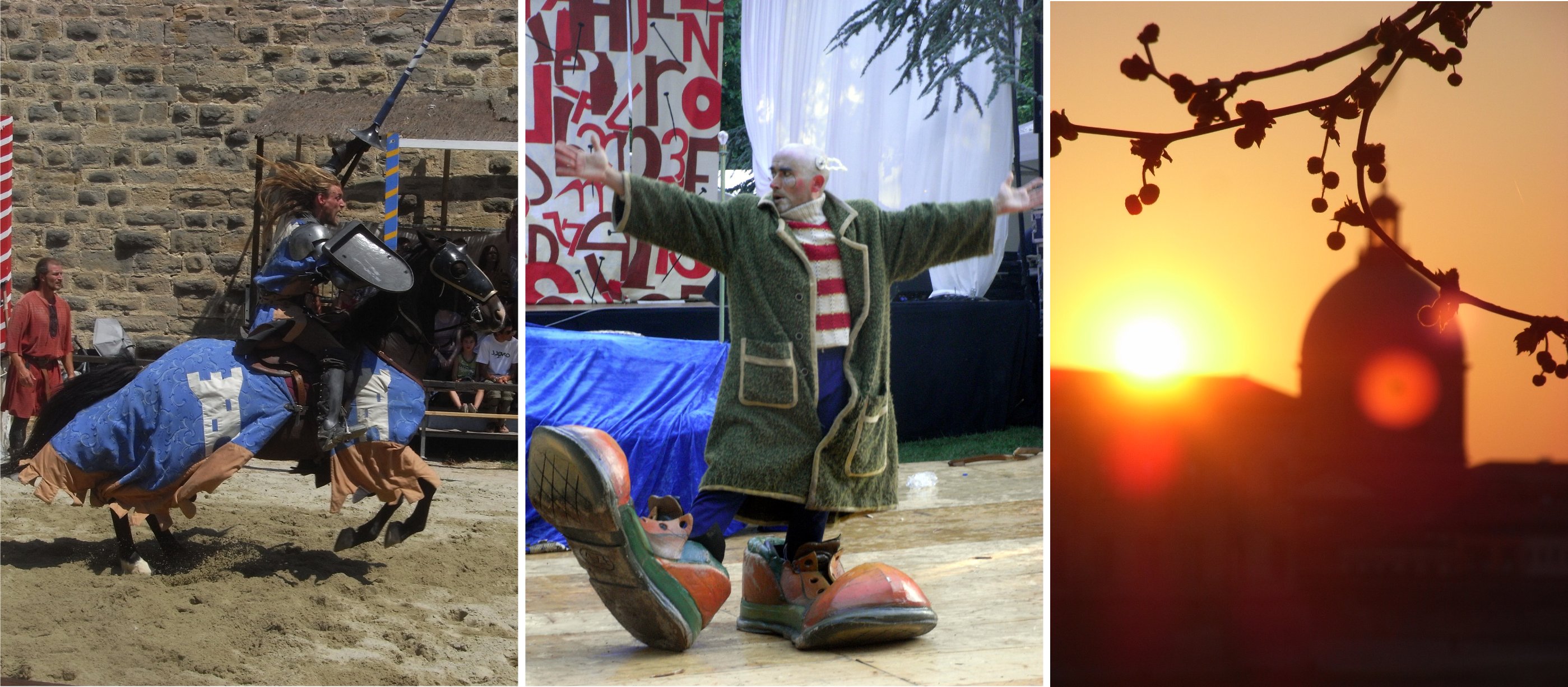"As academic researchers, it is our duty to open novel application paths, choose which future we want to create, and picture the world we dream of beyond the existing applications of current research."

"The more applied you go, the stronger theory you need."
"You should act in life in such a way that every person you meet wants to remember you and include you in the mere definition of its own existence" |
This may be about true love, and true good. Note that making somebody part of your own definition goes far beyond acknowledging somebody, it gives her/him a bit of eternity, an existence beyond its body, it makes him/her a kind of divinity.
Thus you should also be infinitely grateful to the persons whom you modified the existence in this way. One of my friend sent me this video recently, which happens to resonate precisely with this
|
"Gaze at stars." |
Because this is the philosophy of mens in south pacific. Because it makes you realize how tiny you are, and how lucky and unique you are, to have the opportunity to see how wonderful is the universe, to exist and have appeared precisely here and at this time. Because it gives you a destiny, a responsability as a human being, to act wisely in this tiny life and focus on what really matters. Because you can never feel lonely under the stars. Because it gives you hope that you can achieve a high-destiny, and strength in difficult situations. |
"Et pourquoi pas ? (And why not?) " |
This is what my great-father, René Jouannetaud, used to say. This is today one of my moto. He decided one day to start planting trees. And he planted no less than 30,000 trees in his life. He was not only extraordinary wise, but curious about everything, and deeply connected to the Earth, and Nature. He crafted my first dowser stick, and showed me how to use it. There is nothing like the deep connection you experience when you feel the stick turning in your hand on its own, and testing several times untill you realize you have found the underground river that passes through the village. I feel more than lucky to have known him. I naturally crafted his last stick when he returned to the earth. |
"..." |
Nothing. Because I do not consider I am so important as to give you advices. You are smart and strong enough to find your own way, to have your own philosophy your own belief and answers about the world, without needing anybody to tell you what to think, ever. It would be moreover offensive to the divinity inside you. |
